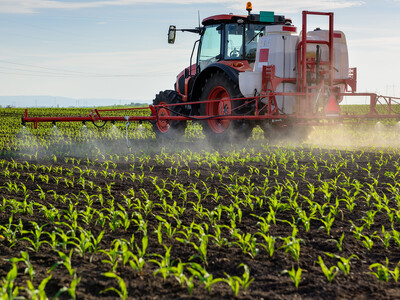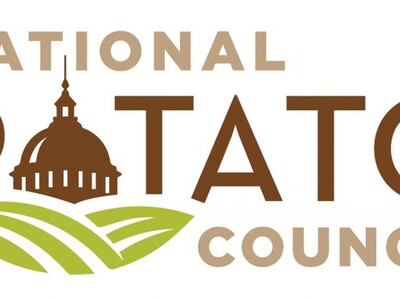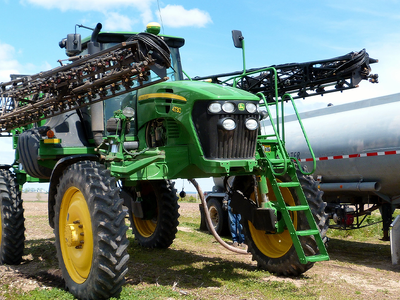Stimulus Approaching Completion & ARS Awards
Stimulus Approaching Completion & ARS Award plus Food Forethought. I’m Greg Martin with today’s Northwest Report.
Moving with rare lightening speed lawmakers have announced a $789 billion dollar economic stimulus package that should stem the recession that has been hemorrhaging jobs across the country. The President could sign the bill before the weekend. The bill includes help for victims of the recession in the form of unemployment benefits, food stamps, health coverage and more, as well as billions for states that face the prospect of making deep cuts in their own programs.
Rangeland scientist Tony Svejcar of Burns,
SVEJCAR: I appreciate all the people I have been able to work with over my career. To me it’s kind of nice for the profession because we’re in the natural resources part of ARS and so it’s nice to see those of us that do cover a lot of country have an opportunity to be recognized as well.
The Agricultural Research Service presented its 2009 Scientist of the Year award to a researcher involved in managing
Some
Now with today’s Food Forethought, here’s Lacy Gray.
Our nation’s dairies are taking the initiative in the effort to implement practices that will reduce greenhouse gases. By now dairy farmers across the country should have received a survey which asks them what they are doing to reduce emissions. The survey which was authorized by Dairy Management Inc. and supported by the National Milk Producers Federation is intended to give the industry a jump start in improving environmental stewardship. A spokesperson for Dairy Management Inc. stated that “the survey will give everyone in the industry a look at the carbon footprint of a gallon of milk by determining a baseline for greenhouse gas emissions.” Dairy farmers who already strive for efficiency in their operations can use the findings of the survey to implement still more improvements. So far the survey has been met with positive feedback from inside and outside the dairy industry. How now brown cow? The time is now for greenhouse gas reduction and
Thanks Lacy. That’s today’s Northwest Report. I’m Greg Martin on the Northwest Ag Information Network.














